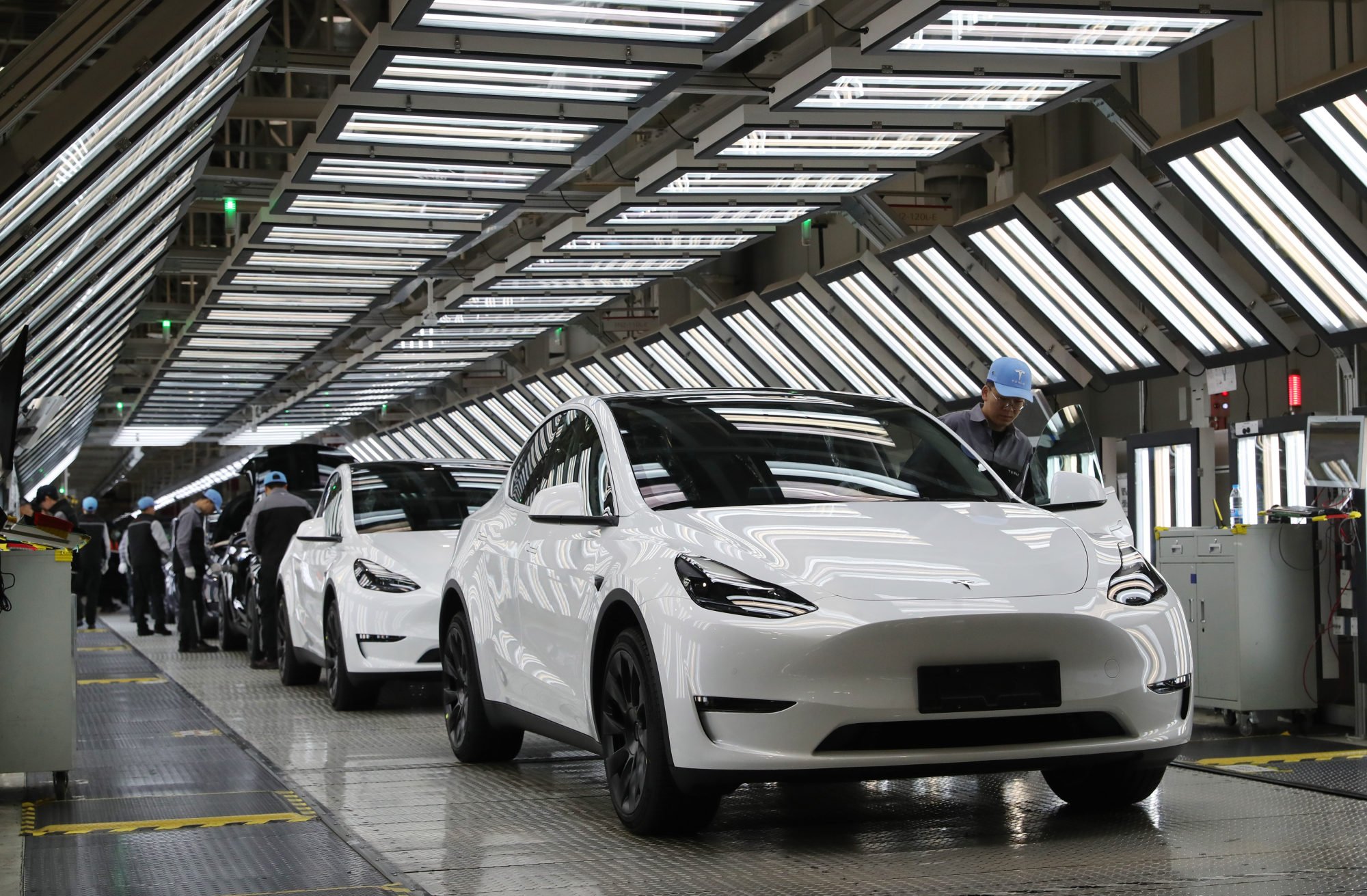In addition to clean energy, artificial intelligence (AI) and semiconductors were the sectors where unlisted companies in China drew the most funds from investors in the first six months, Preqin said in a report on Wednesday, adding that the Chinese government intends to grow and support these industries.
“Of these mega deals, AI was a driving force, with volume by May this year reaching almost US$6 billion – around half of 2023’s full-year total [for AI deals] of US$12 billion,” the report said.
This is despite substantial weakness in overall China deal volume, which fell 42 per cent quarter on quarter to US$12 billion in the first three months of this year, much steeper than the global decline of 12 per cent in the same period.
Higher interest rates, a lack of exit pathways and heightened geopolitical tensions between the United States and China have hit venture funding globally, particularly in China, Preqin said.
“It’s a challenging environment for venture capital in the Greater China region, as investors struggle with exiting their investments in private companies,” said Valerie Kor, lead author of the report. “However, as foreign investors pull back, Chinese domestic investors such as technology firms and state-backed funds have stepped in to fill the gap.”
For example, in clean energy technology, Shanghai-based EV maker IM Motors raised US$1.1 billion in March from investors including autonomous driving technology firm Beijing Chusudu Technology, ICBC Capital Management and Bank of Communications Investment.

The outlook for raising private capital for clean energy in China is “reasonably optimistic”, said Chan Ka-keung, CEO of Nature Elements Capital, a private-equity firm focused on the sector.
“Domestic investors are playing a more important role, and deals must demonstrate strong technology advancement or application to compete for limited capital,” he said.
Lucas Zhang Liutong, director of Hong Kong-based consultancy WaterRock Energy Economics, said that because clean energy technology aligns with Beijing’s policies for bolstering economic growth and energy security, deal flow is likely to continue to increase.
“However, most of this will be from domestic state-backed players, which have the capital and the patience to invest in cleantech under the current environment,” he said.

